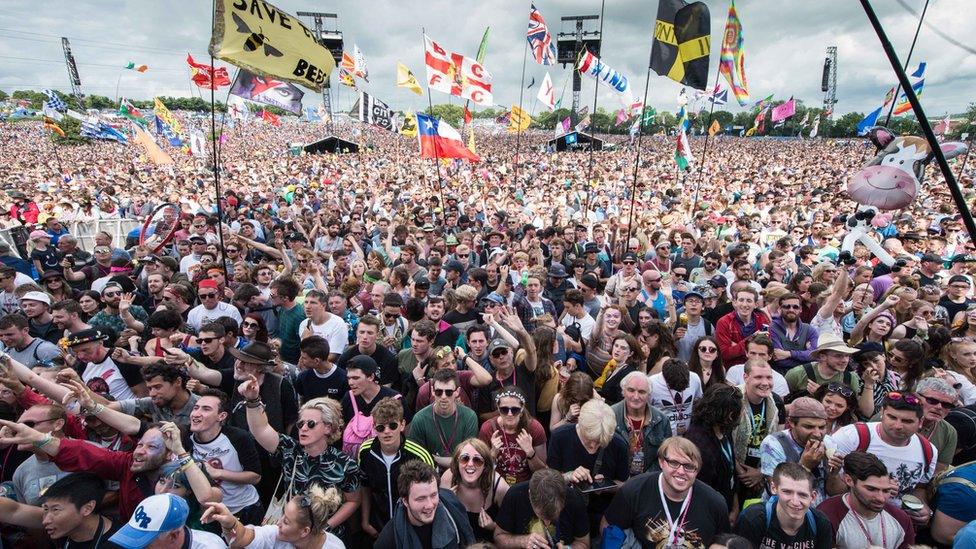The Variety Bazaar and other bizarre names in music
- Published
The announcement that 2019's Glastonbury Festival spin-off is to be named The Variety Bazaar was met with mass bemusement on social media.
In celebration of astonishing aliases and marvellous monikers from throughout pop history, we take a look back at some of the most bizarre names in music.
Prince
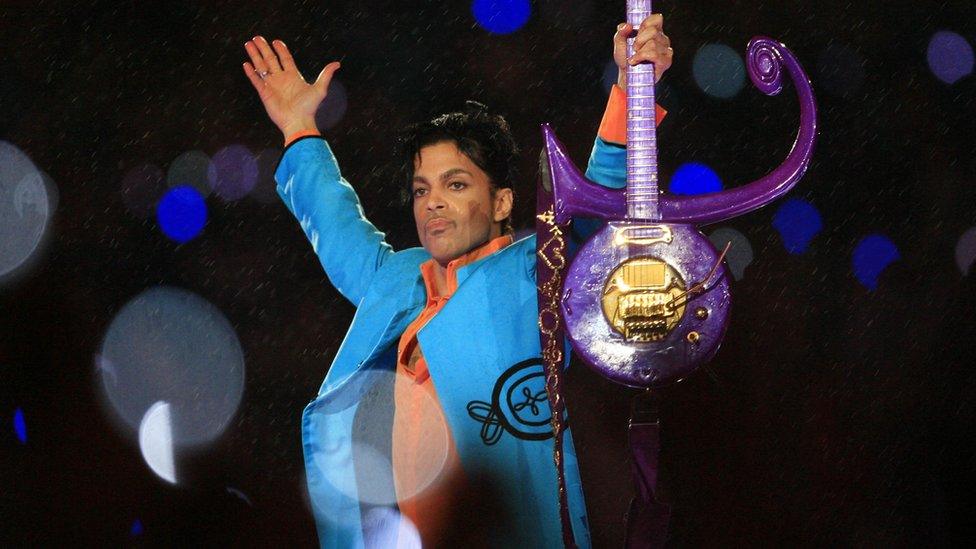
In 1993, Prince changed his name to a symbol.
A mash up of the male and female gender symbols - and officially referred to as The Love Symbol - he wrote in a statement at the time that it was "an unpronounceable symbol whose meaning has not been identified. It's all about thinking in new ways, tuning in 2 a new free-quency".
Floppy disks containing the font file for The Love Symbol were distributed to the press, allowing journalists everywhere to type Prince's new name, even though they had no idea how to say it out loud. Instead, most chose to go with somewhat clumsier The Artist Formerly Known As Prince or simply The Artist.
Prince's name change had its roots in a conflict with record company Warner Bros. "Warner Bros took the name, trademarked it, and used it as the main marketing took to promote all of the music I wrote," Prince said. "The company owns the name Prince and all related music marketed under Prince. I became merely a pawn used to produce more money for Warner Bros."
In 2000, after the contract expired, Prince went back to simply being called Prince.
Arctic Monkeys
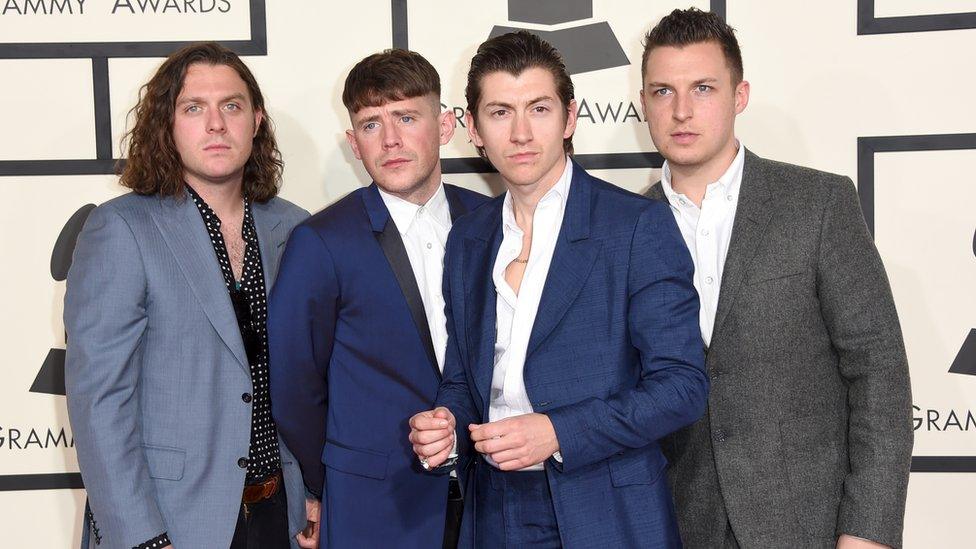
Fans of zoology will know monkeys are not native to the Arctic Circle, but that didn't stop Sheffield's favourite indie four-piece from naming themselves after non-existent sub-zero simians.
There's no deep and meaningful reason behind Arctic Monkeys' name. In fact, in 2011 singer Alex Turner revealed in an interview with Q Magazine that Arctic Monkeys was chosen precisely because it was meaningless.
"I've no idea where it came from. It was Jamie [Cook, guitarist]'s fault, he came up with it and he's never even told us why. If he even knows, he's keeping it a secret from me.
"There might have been other ideas for offshoots at the time, but the Monkeys was the first one. It sounds like a first band name, doesn't it? It's so bad that the tribute bands don't sound worse. I saw there's an Aertex Monkeys, that's pretty clever."
Puff Daddy
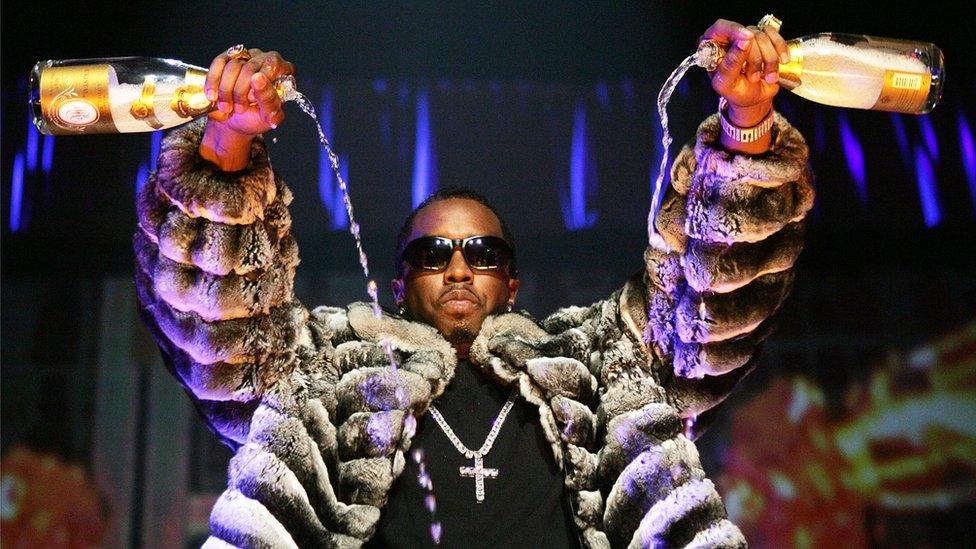
Not to be outdone by Prince in the name-changing stakes, Sean John Combs has officially had seven separate sobriquets throughout his rap career.
His 1997 debut album No Way Out was released under the name Puff Daddy - the "Puff" part supposedly derived from his childhood reputation that he would "huff and puff" when he was angry, and the "Daddy" being a popular rap tag of the day meaning "The Man".
He reverted to the simple Sean John until follow-up LP Forever hit record stores in 1999. Combs began referring to himself as Puffy in the press, even though Puff Daddy remained his official title.
Later that year, after being charged and cleared of bribery and four weapons-related offences, he told MTV he wanted to break from the past, saying "no more Puff Daddy... I just want something fresh. I'm rocking with P Diddy now." This latest epithet had been suggested by his late friend the Notorious B.I.G.
Ever restless, Combs dropped the "P" to become just "Diddy" in 2003, telling NBC: "I felt the 'P' was coming between me and my fans."
Following an impressive eight consecutive years using just one name, in 2011 Combs shocked the rap world yet again with the change to Swag. He even set up a Twitter account @iamswag, external, which went dormant five days later.
Just in time for the release of his 2014 mixtape MMM, Combs told fans they'd been getting it wrong for the preceding 13 years, as his name had actually been Puff Daddy all along.
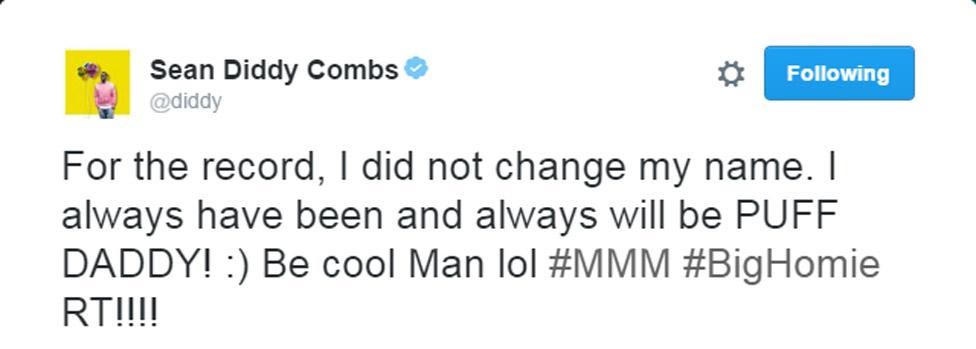
Combs' musical swansong No Way Out 2 is set to be released in April 2017 under the name Puff Daddy. As he retires from the biz forever, so too will his many monikers, he told CNN in 2016, external.
"Now I'm just good old Sean. I'm back to me. I have different personalities, you know what I'm saying? Nobody knows who's coming downstairs in the morning."
Elbow
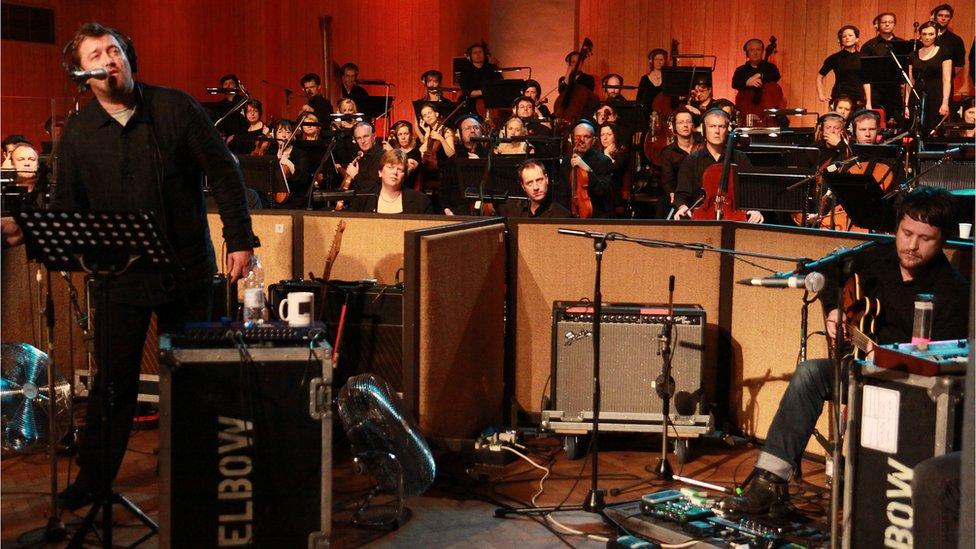
Of all the parts of human anatomy to name a band after, the elbow is especially odd.
Guy Garvey and co spent years going by the name Mr Soft when they formed at Bury College in 1991, inspired by a character from an infamous soft mints commercial.
In time they dropped the "Mr" to simply become Soft, until 1997, when they changed to Elbow, allegedly because of how the word was described as "the most sensuous in the English language" in BBC TV drama The Singing Detective.
Engelbert Humperdinck
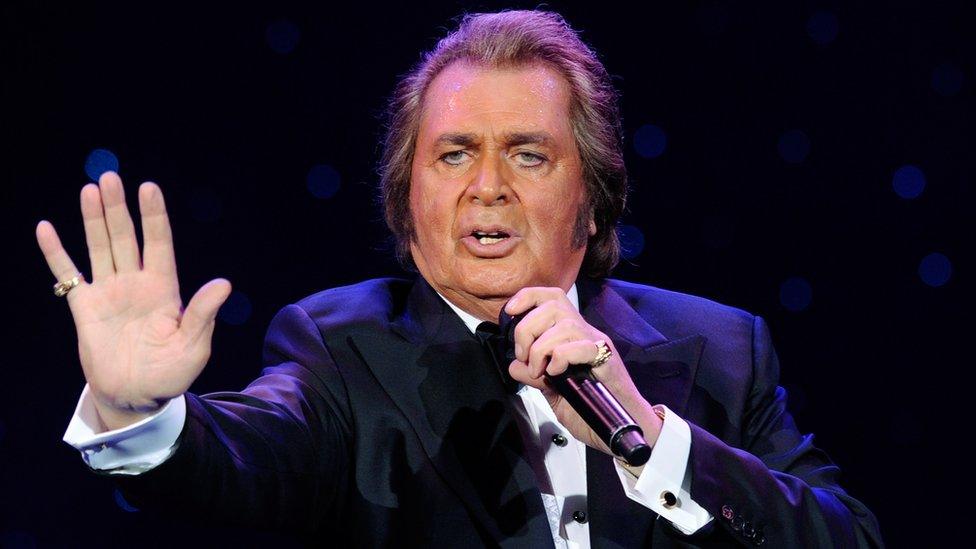
Born Arnold George Dorsey in 1936, the legendary Leicester crooner initially tried to make his name in showbiz under the name Jerry Dorsey, owing to his ability to do an uncanny impression of comedian Jerry Lewis.
For a decade, Dorsey struggled to make an impact on the music scene, until he teamed up with manager George Mills, who suggested Dorsey borrow the name Engelbert Humperdinck from a 19th Century German composer.
The gamble paid off when Release Me went to number one, beating The Beatles' double A-side Strawberry Fields Forever/Penny Lane to the top slot in 1967.
"I had no choice," Dorsey later said of the name change. "I was a starving singer, and someone was giving me a chance to get on in the business."
Years later, Engelbert Humperdinck grew fond enough of his weird new name to legally adopt it by deed poll.
It goes to show that having a bizarre name is no hindrance to musical success. What might sound daft when first heard has the potential to become an all-time classic.

Follow us on Facebook, external, on Twitter @BBCNewsEnts, external, or on Instagram at bbcnewsents, external. If you have a story suggestion email entertainment.news@bbc.co.uk, external.
- Published17 January 2017
